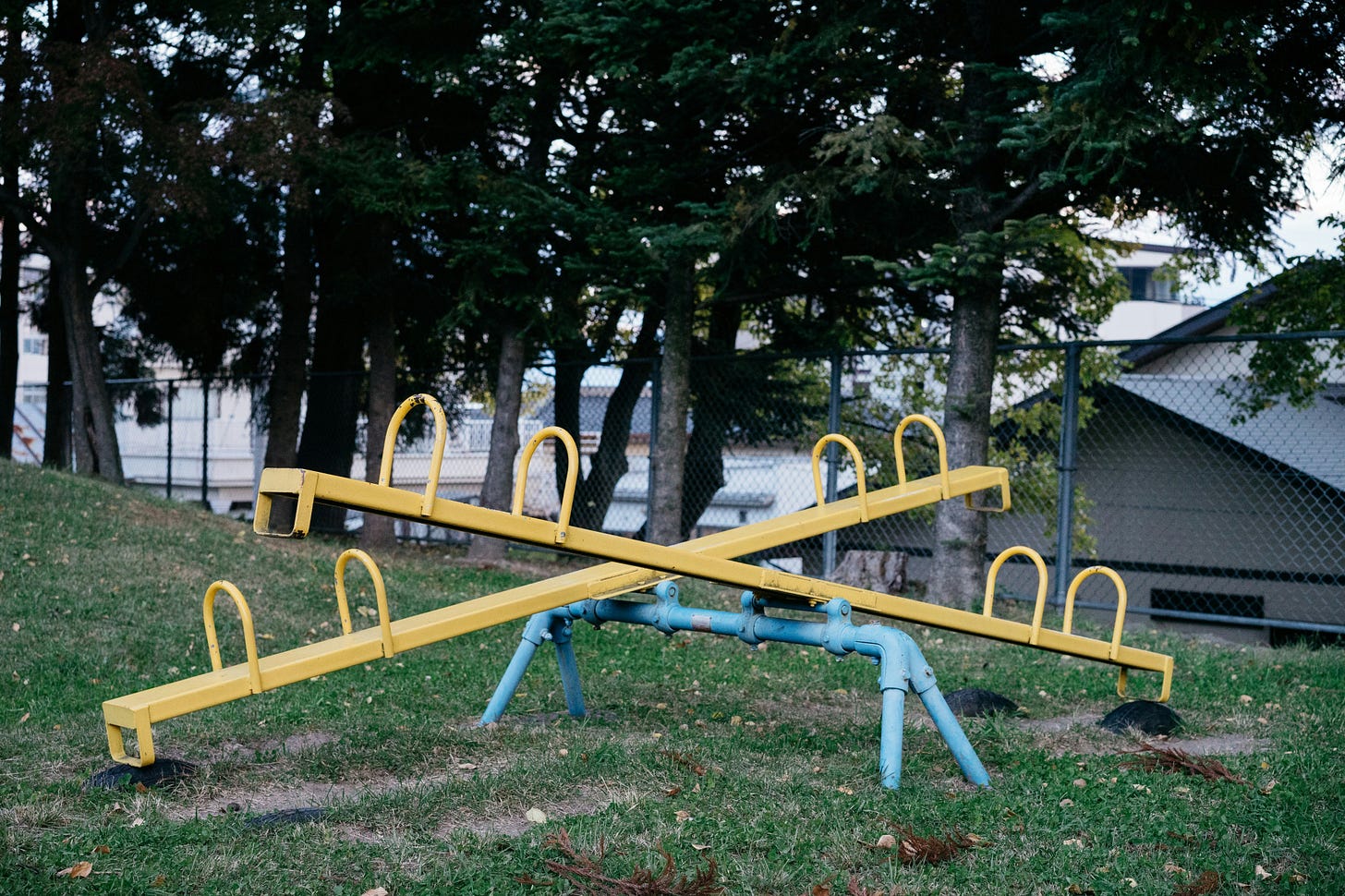The False Balance of Skeptics vs. Believers
Exploring the downside of presenting all sides of an argument as equally valid
When it comes to paranormal subjects, it might seem natural that those who accept and believe that the paranormal exists should be placed opposite those who are doubtful and approach such claims in a critical manner. In fact, throughout all forms of paranormal themed media, skeptics are always wheeled out to counter the claims of believers.
The biggest issue here is that pitting skeptics against believers isn’t conductive as it isn’t only non-believers who should practice skepticism when it comes to assessing paranormal claims. The idea of “skeptics vs believers” promotes the idea that once you believe something is true or real, you stop doubting new claims that you encounter. That might be true for some, but I don’t think it’s the case for the majority of people who believe in ghosts. Skepticism, at it’s core, requires an open-minded approach to claims and information. It forms a good foundation from which to build strong critical thinking skills, which you owe to yourself.
Not only this, but giving pro-paranormal claims and rational counter claims equal presentation is actually a logical fallacy. The False Balance fallacy occurs when two sides of an argument are presented as being equally valid to one another, regardless of their objective accuracy.

The confidence with which the pro-paranormal contributors made their assertions about the causes of the phenomena are often in stark contrast to the cautious skepticism that skeptic investigators approach a case. The utilisation of the False Balance fallacy by those who produce paranormal themed media content ensures that everybody is catered to. It’s usually presented as enabling the audience to make up their own mind about the claims being made.
However, is this really the outcome? Does presenting speculation as equal to established scientific fact really enable people to make informed decisions about the paranormal claims being made? I don’t think it does, and I think that poses many potential issues. These skeptical explanations are not equal to pro-paranormal claims that have no good quality evidence to back them up and we should stop acting otherwise.


